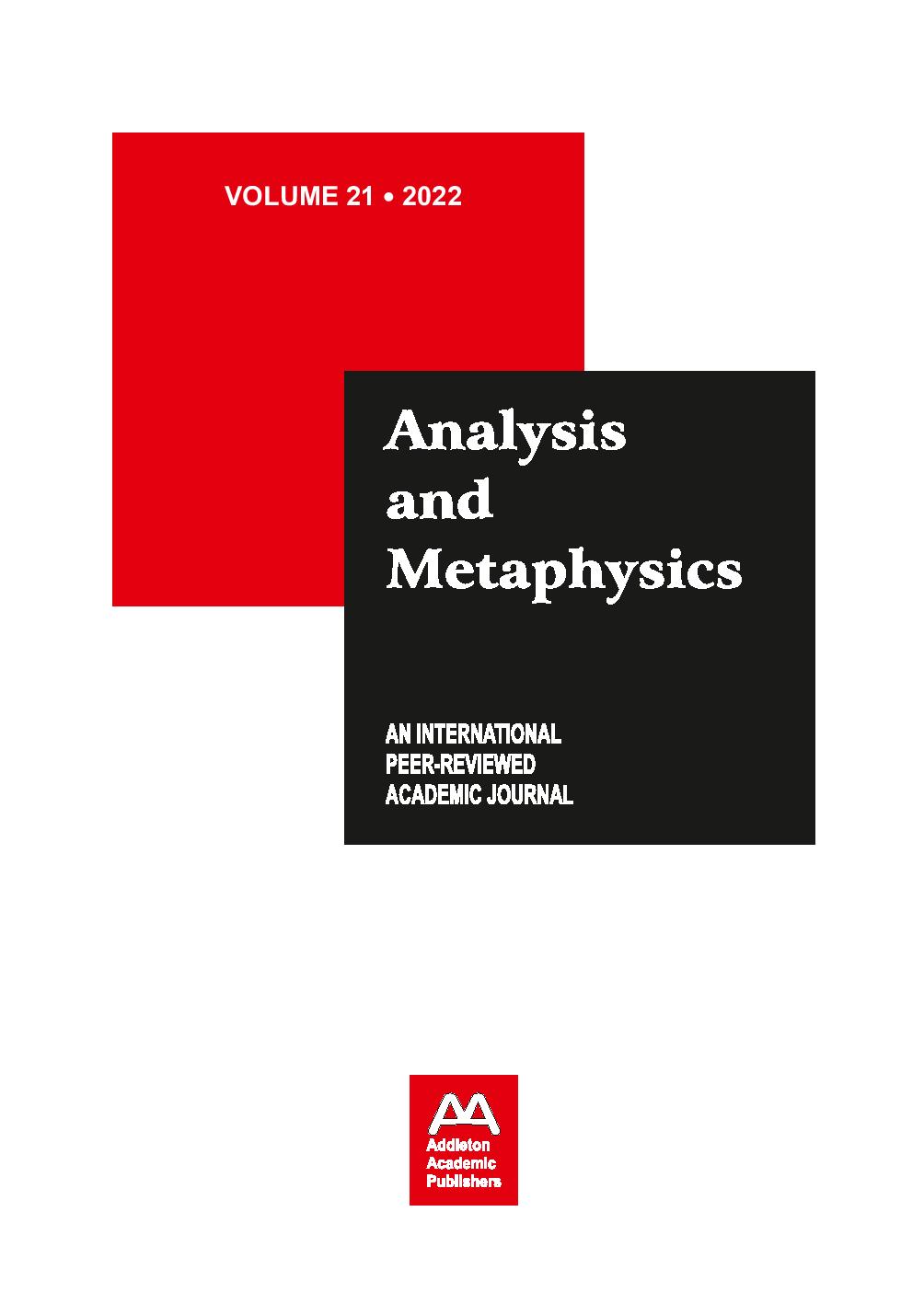Spatial Cognition and Context Awareness Algorithms, Virtual Modeling and Remote Sensing Technologies, and Visual Perception and Data Mining Tools across the Economic Infrastructure of the Metaverse
Spatial Cognition and Context Awareness Algorithms, Virtual Modeling and Remote Sensing Technologies, and Visual Perception and Data Mining Tools across the Economic Infrastructure of the Metaverse
Author(s): Mark NewellSubject(s): Management and complex organizations
Published by: Addleton Academic Publishers
Keywords: spatial cognition; context awareness; virtual modeling; remote sensing; visual perception; metaverse
Summary/Abstract: The present study systematically reviews the existing research on decision support and augmented reality shopping tools, biometric authentication features, and cognitive enhancement technologies in the retail metaverse. My findings clarify that shopping and spending habits integrate behavior analysis and prediction tools in immersive interconnected virtual worlds and across intelligent simulation environments, and I contribute to the literature by indicating that decentralized data analytics and biometric authentication features are pivotal in artificial intelligence-powered live shopping and virtual retail experiences in relation to digital assets. Throughout July 2022, a quantitative literature review of the Web of Science, Scopus, and ProQuest databases was performed, with search terms including “metaverse” + “spatial cognition and context awareness algorithms,” “virtual modeling and remote sensing technologies,” and “visual perception and data mining tools.” As research published between 2021 and 2022 was inspected, only 166 articles satisfied the eligibility criteria. By taking out controversial or ambiguous findings (insufficient/irrelevant data), outcomes unsubstantiated by replication, too general material, or studies with nearly identical titles, I selected 32 mainly empirical sources. Data visualization tools: Dimensions (bibliometric mapping) and VOSviewer (layout algorithms). Reporting quality assessment tool: PRISMA. Methodological quality assessment tools include: AMSTAR, Dedoose, Distiller SR, and SRDR.
Journal: Analysis and Metaphysics
- Issue Year: 2022
- Issue No: 21
- Page Range: 91-107
- Page Count: 17
- Language: English
- Content File-PDF

